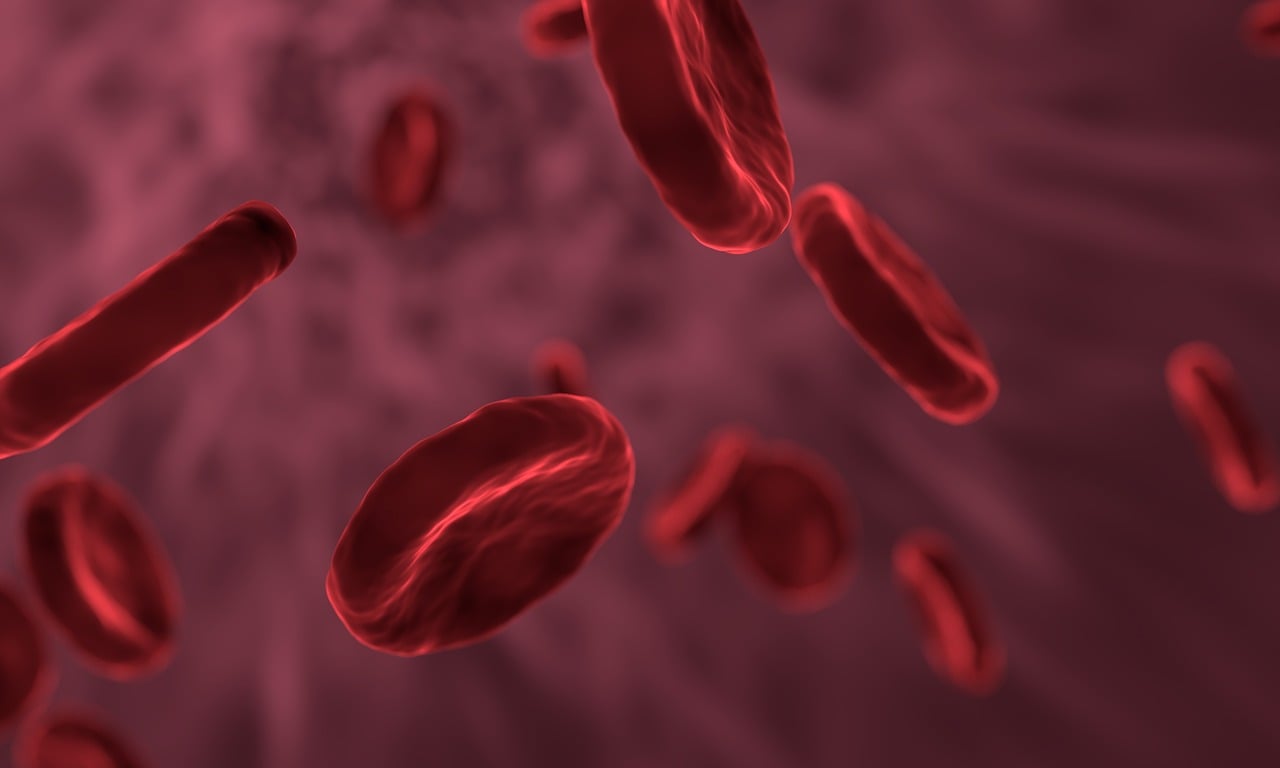
SHARE THIS ARTICLE:
ELQ-596: A Promising Drug Treatment for Human Babesiosis
 ACS Infectious Diseases (Vydyam, P., et al.) 04.02.2024, published, “Effectiveness of Two New Endochin-like Quinolones, ELQ-596 and ELQ-650, in Experimental Mouse Models of Human Babesiosis.” In this study, researchers found that Endochin-like quinolones (ELQs), a class of small molecule antimicrobials, are effective against a wide range of protozoan parasites that affect humans.
ACS Infectious Diseases (Vydyam, P., et al.) 04.02.2024, published, “Effectiveness of Two New Endochin-like Quinolones, ELQ-596 and ELQ-650, in Experimental Mouse Models of Human Babesiosis.” In this study, researchers found that Endochin-like quinolones (ELQs), a class of small molecule antimicrobials, are effective against a wide range of protozoan parasites that affect humans.
ELQs target the mitochondrial electron transport chain of these parasites by inhibiting the cytochrome bc1 complexes effective against Plasmodium and Babesia. ELQ-596 and ELQ-650, two second-generation 3-biaryl ELQ compounds, show high activity against Babesia in vitro.
Oral administration of ELQ-598, a prodrug of ELQ-596, as a monotherapy (dosage of 10 mg/kg), achieved radical cure in both the chronic model of B. microti-induced babesiosis in immunocompromised mice. It also showed radical cure in the lethal infection model induced by B. duncani in immunocompetent mice. High potency, good physicochemical properties, and a low toxicity profile makes ELQ-596 a promising drug for the treatment of human babesiosis.
For More Information:
Read ACS Infectious Diseases Article
Read More LDA Articles on Babesia Treatment





